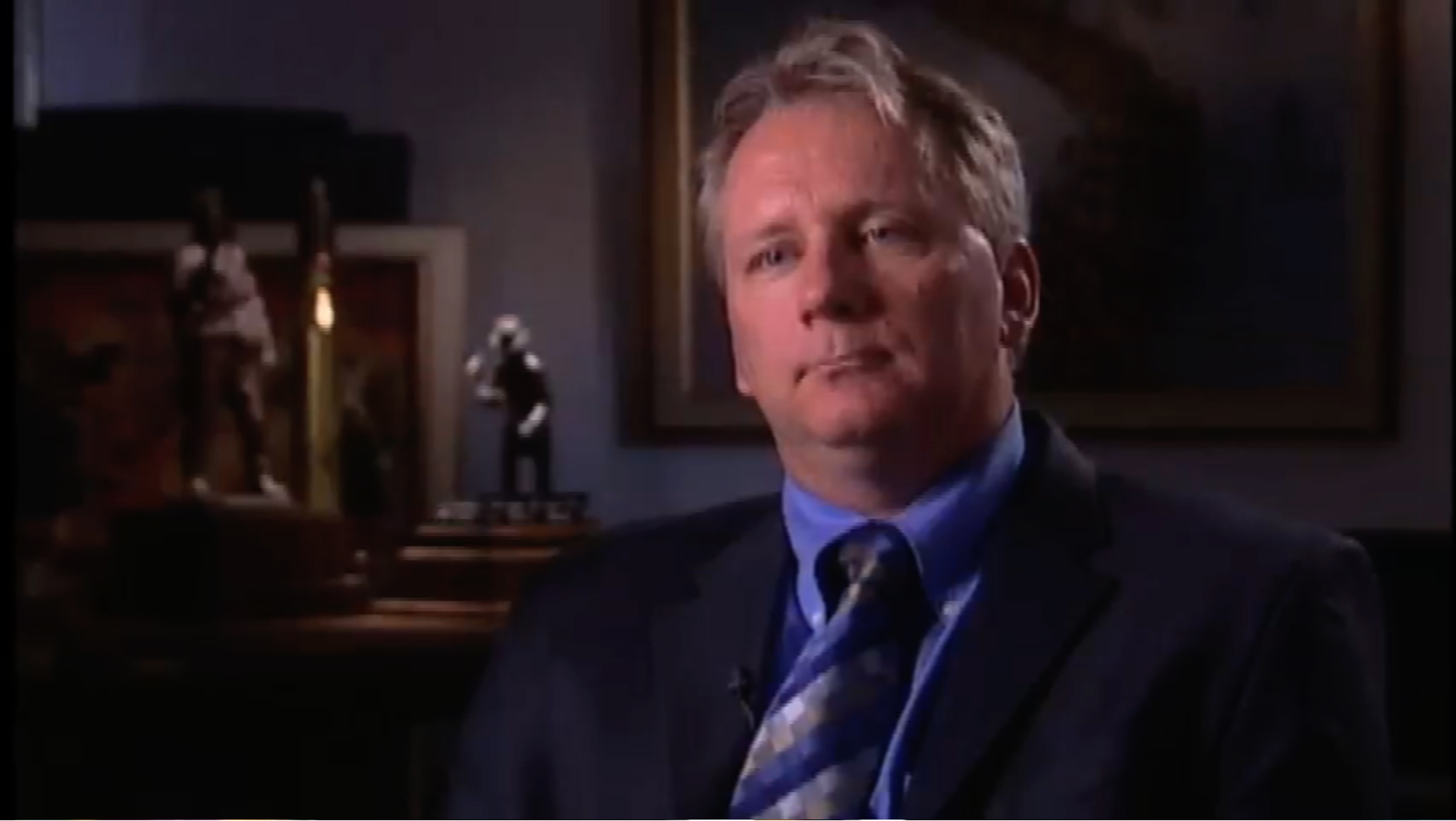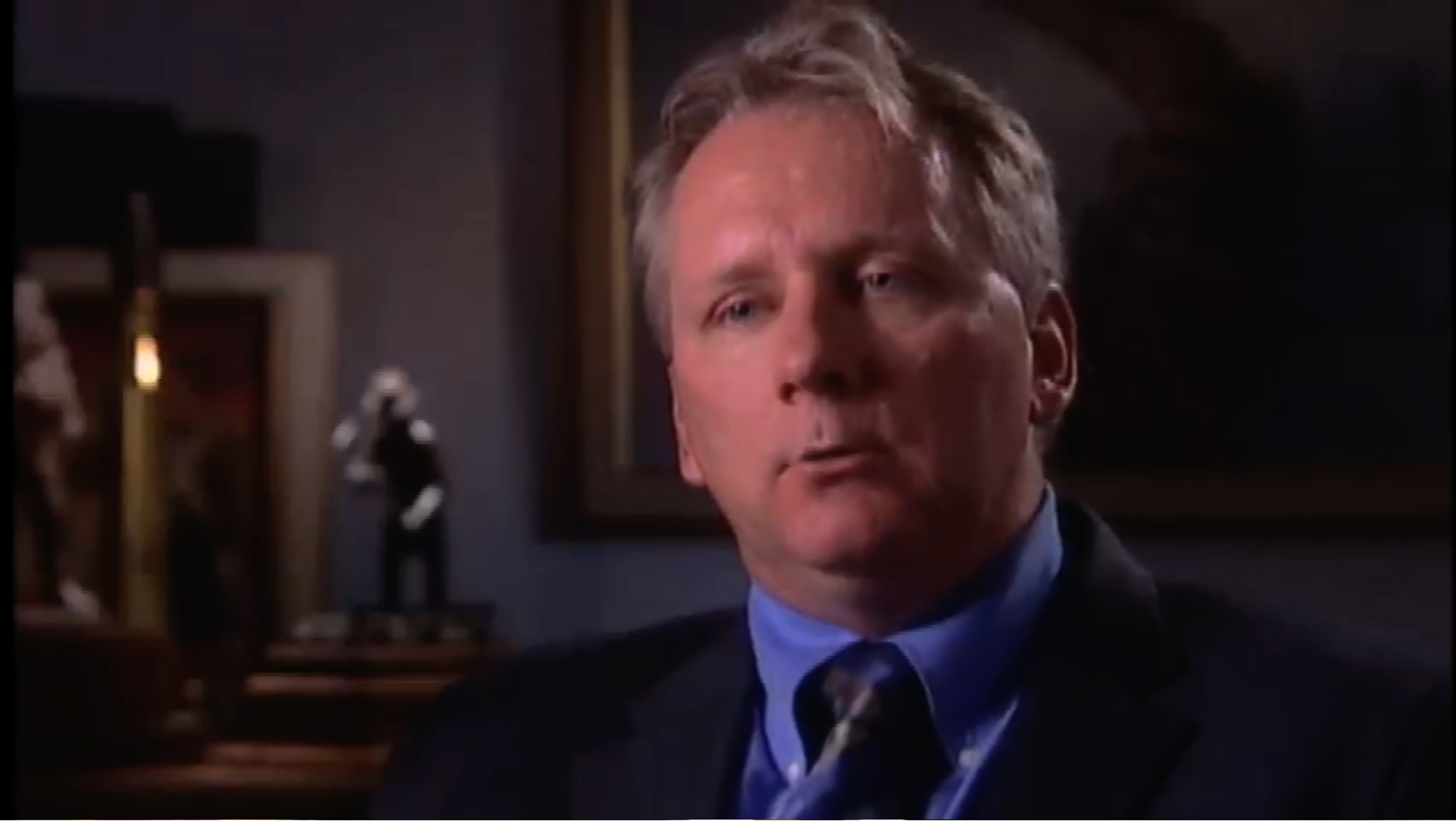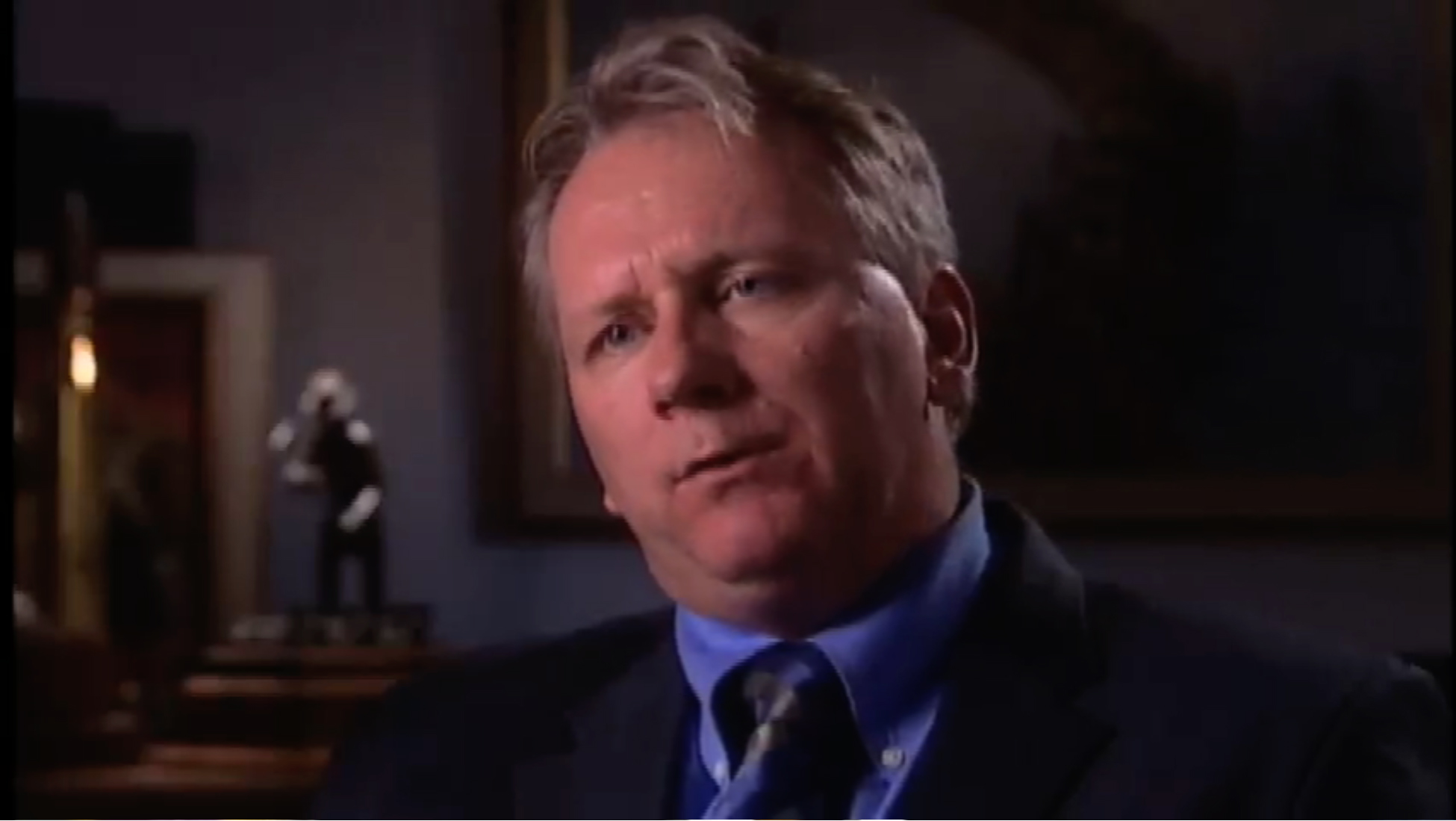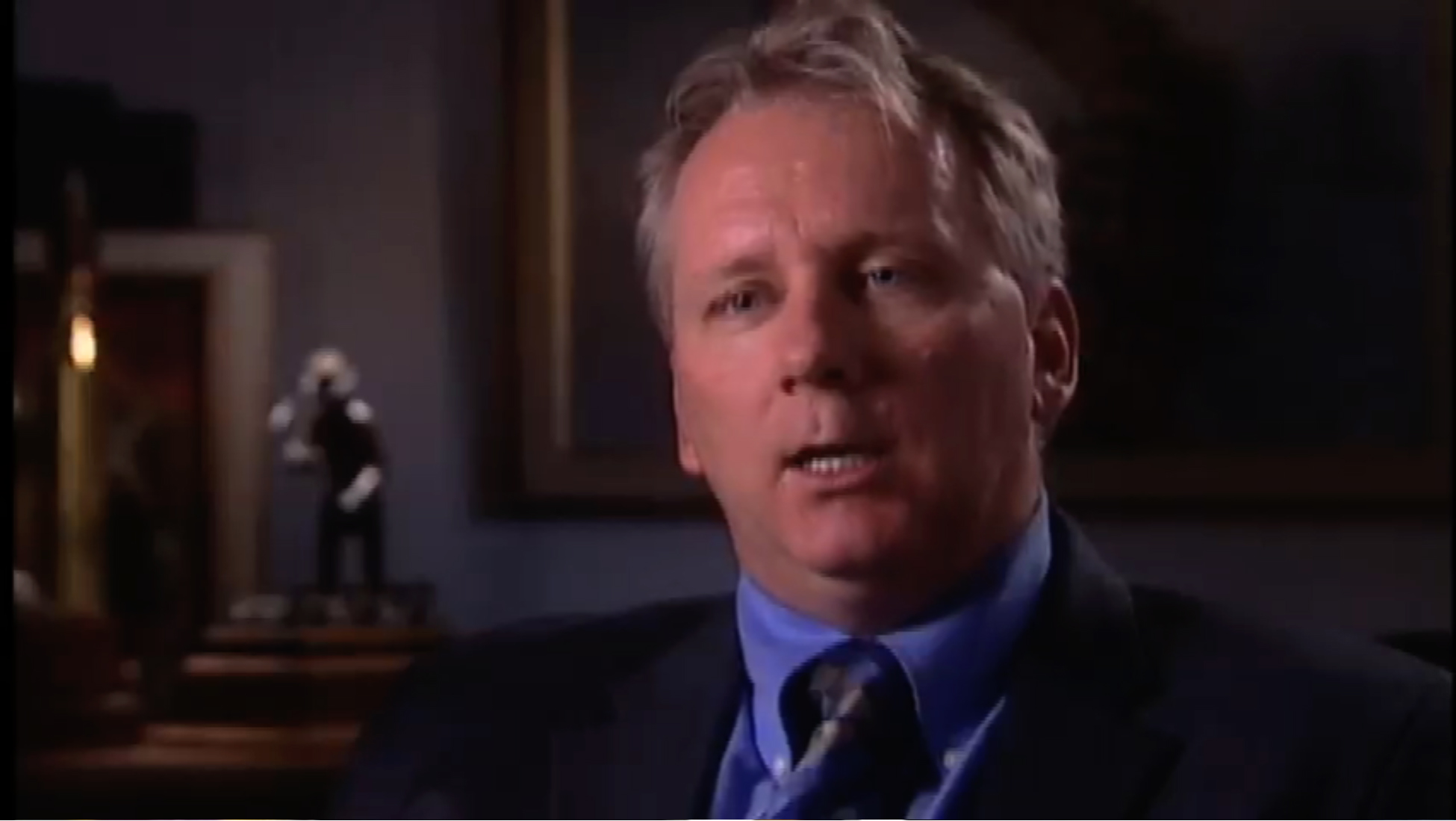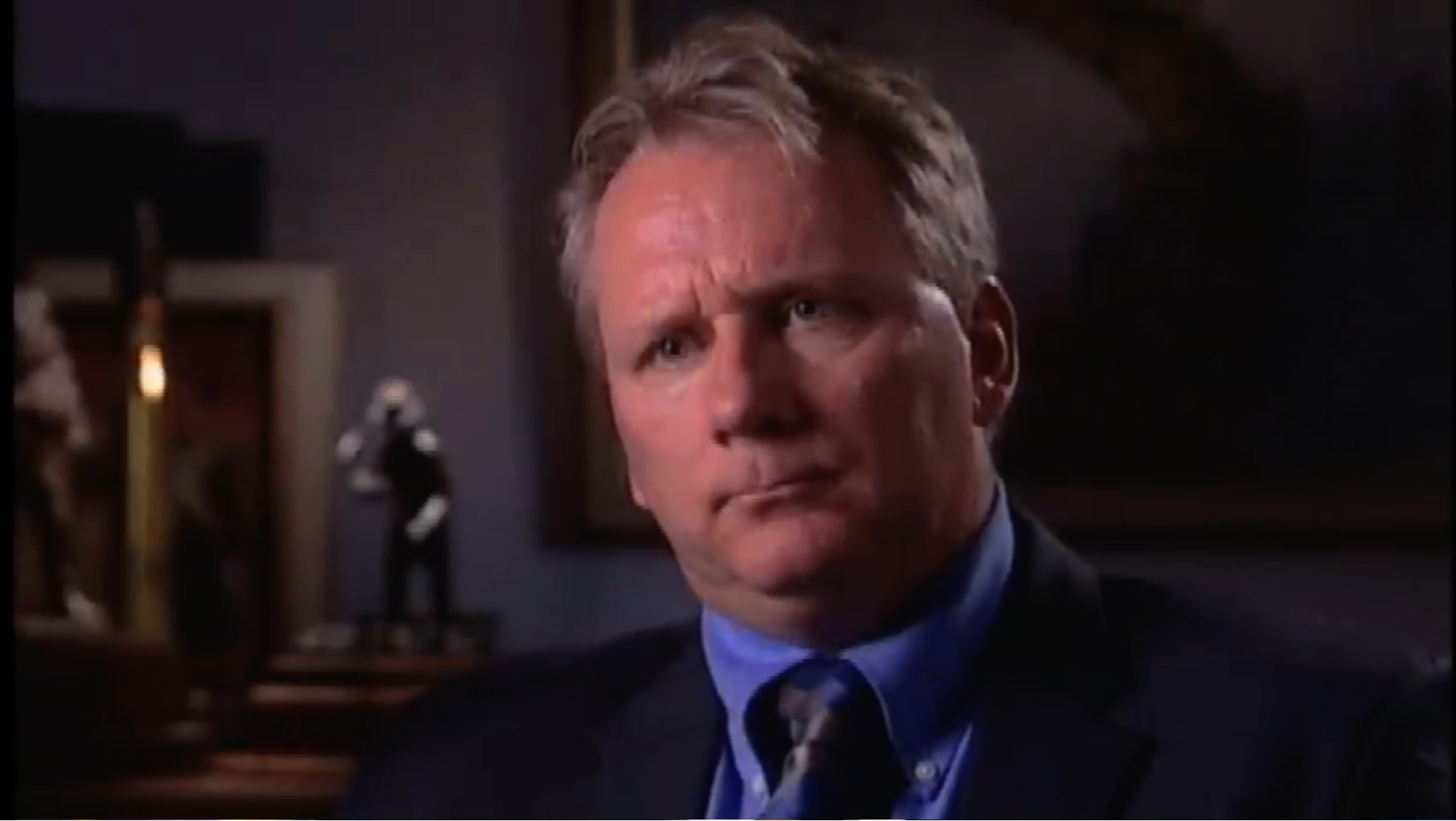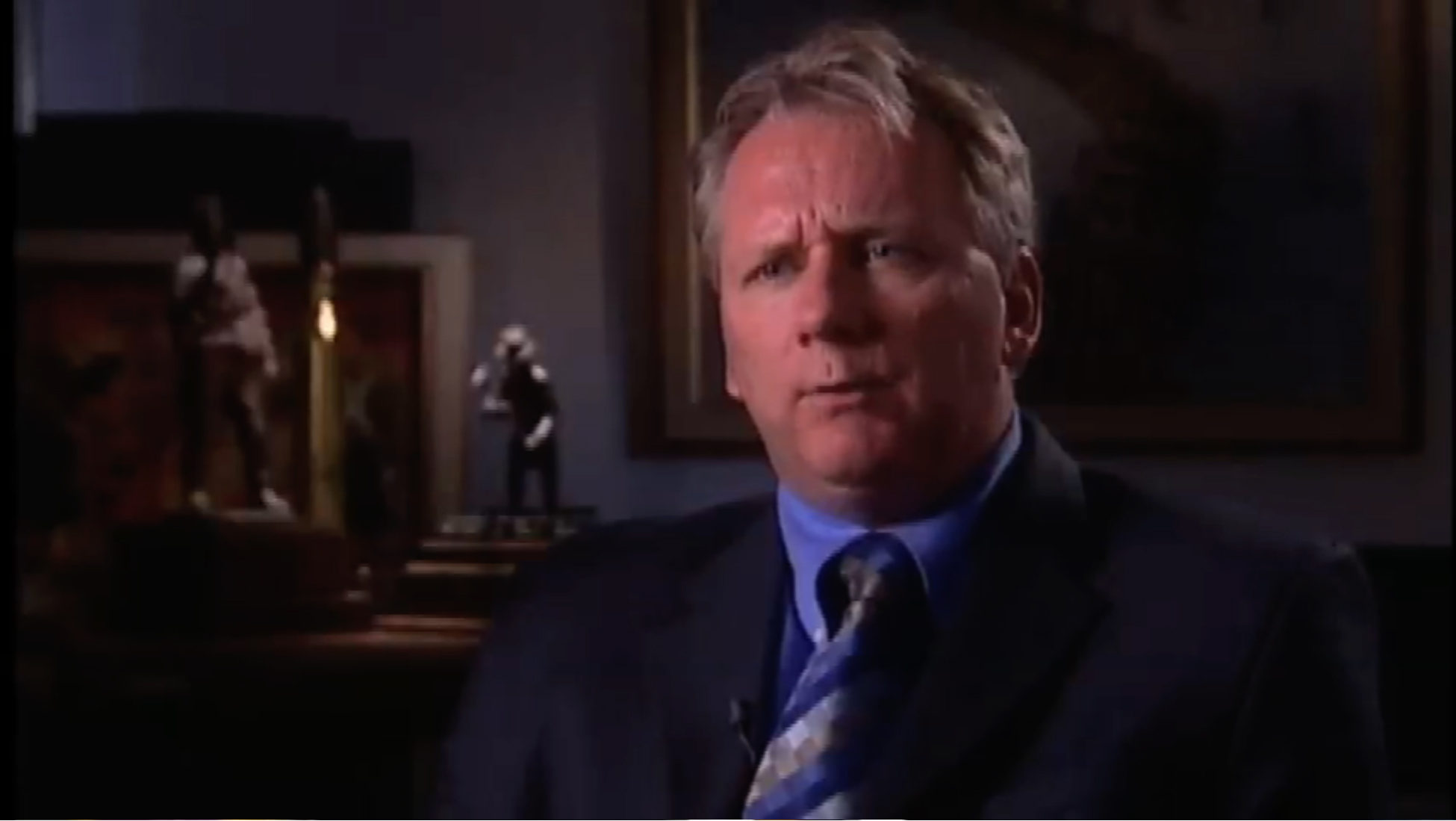One day we were doing reconnaissance we were down, my peer
and myself, André Racine went, Luc André Racine, were asked to go
down in the southeast of Rwanda when we arrived to go do some
reconnaissance and try to find out what was going there because
no peacekeeper had been there since the beginning of the war and
the genocide on April the 6th. So, we took with us a little
convoy of two vehicle and we went to, to make our trail down to,
to that place in the southeast towards Butare and then on to
Cyangugu and we must, between Butare and Kigali I suspect there
is maybe something like a hundred kilometres, and we must have
hit about a hundred roadblocks just on the way down there.
I think it took us almost over six or seven hours just to get
there. And one of the incidents on the way back up is that for
some reason or another, and this one I like to make it a little
sound funny, but some reason or another, someone in the, we were
stopped at a convoy, someone in the convoy decided that General
Dallaire was in the convoy, and, and, and they at the time,
I think it was a government side of the house that was doing the
roadblock and they had a some sort of a hatred for the general
and someone decided that I look like him. So in the, so, he came
by my vehicle with my buddy on the other side and, and he started
asking question, oh you're General Dallaire and I, I said,
"No I'm not." So here I am showing my, I think I showed him four
piece of ID's before I could convince him that I wasn't the
general, and then after a while, we got a little a little
tension and my weapon was a little closer than, than it was
when it started, and finally we were able to convince him that I
wasn't General Dallaire so we could move on and...
Interviewer: I can't imagine the fear at that point.
I don't know, it's the fear or the control fear I guess, we knew
we could get out of this without you know with just discussion.
It's just a matter of being able to handle the individual who is,
is sometime on the lower, lower ranking of, of the army
that's looking at you and he's, you know, just what we describe a
young soldier, a private or corporal with very limited education.
If you're able to control his, because his as fear as you are,
and if you are able to control a bit his fear and, and calm him
down and then maybe be able to talk to the higher ranking,
you can resolve those issue, and the fear is really when, when
you have the fear really is when you start losing the fact that
you are not controlling anymore the situation, either through
discussion or, or, or act. Then, I think the fear factor gets
really, really up there but... We had, you know, I had a weapon
at my head once, but we were able to, to, to talk him down and
I said, you know, push that away, we discuss and do things and,
and, I mean, there is a response. Is when they start lacking
response that now you know that the moment between the lack of
response from the individual and now the action that you have to
take to protect yourself, it's a, it's a very critical and,
and dedicated moment that will change the rest of, of the day,
the rest of the mission, if you have to act with a, with a
certain, a certain certainty and, and, and draw weapons.
So, from that perspective, you try to remain in control and not
get to that point. So, you might have your weapon with you,
but you not necessarily wanna project that kind of readiness or
attitude that you're going to use it immediately. In fact,
at that night, I went to bed and I realized how much danger,
really, we had been throughout the day and what was happening
that night and so I, I slept with a loaded pistol underneath my,
underneath my pillow and, and a fully semi-automatic weapon,
you know, charged on the side of my bed because I, I didn't know,
and I realize then that I said I wanna go home. I wanna make sure
I'm going home and I'm not in a body bag, I guess, would be the
expression, and that's when I realized it really hit me that
I was in the middle of, of hell, if the expression is,
and that I had to make sure I get home.



